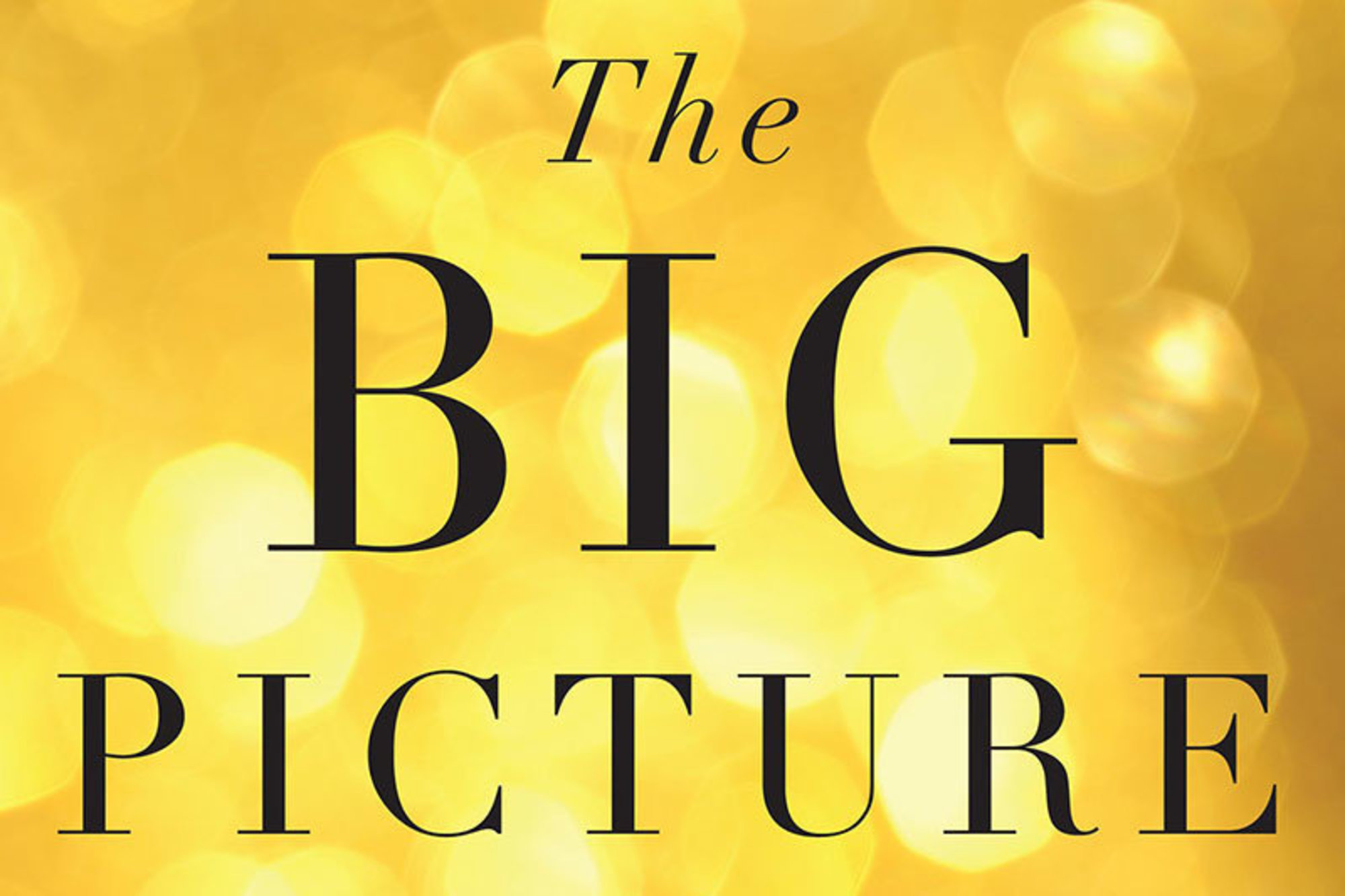
The Big Picture: The Fight for the Future of Movies
Written by: Bianca Garner, CC2K Staff Writer
We’re slowly closing out the summer movie season and, perhaps like me, you’re wondering where did all the mid-budget, adult dramas go from our theaters? Perhaps like me you’re wondering how the superhero movies and franchises emerged to dominate the box office? And maybe you’re wondering what happened to the likes of Adam Sandler and Will Smith, who have been unable to draw in a crowd, and as a result have suffered flop after flop? In fact, these two stars (who rocked the box office in the 1990s) have now become stars on a small screen in Netflix-produced films.
Ben Fritz answers these questions and more in his addictive new book The Big Picture: The Fight for the Future of Movies. Fritz examines the fall of Sony as a major box office player, the rise of Marvel studios, the death of mid-budget films, the growth of Netflix original programming, and the decline of Sony and its former chairperson, Amy Pascal. There’s no denying Fritz believes Pascal was one of the rare Hollywood big shots who actually cared about movies being seen an art form, and to her they were more than just mindless money-making forms of entertainment. However, this is perhaps the reason for Pascal’s downfall as she became obsessed with bringing the biopic Steve Jobs to the screen and it was her undying devotion to small, adult-driven drama which blindsided her to the point that she wasn’t aware the landscape and tastes of cinema had changed.
Fritz is honest in the fact that the research he’s gathered for the book was taken from the hacked Sony emails. In 2014 a hacker group leaked a wealth of Sony material online, including personal emails, salary info, and then-unreleased movies. The hackers were allegedly from North Korea, spurned on to their actions by the impending release of Sony’s satire (I use that term in the loosest way possible) The Interview. Although there are those who think the hack actually came from within Sony by a disgruntled employee, but the randomness of the details leaked makes for a compelling argument for a North Korean hack. Fritz has been open about his “research” and has stated, “This book is based, in part, on stolen material. I won’t make any bones about it. Nevertheless, it’s an undeniable fact that much great journalism has used stolen material as its source.”
As Fritz details, while other studios got into the franchise game Sony relied on three major franchises: James Bond, Men In Black and Spider-Man. Sony didn’t actually own the Bond franchise – MGM did, so while the Bond film Skyfall made $1.1 billion worldwide, Sony only made about $57 million from the film. As for Sony’s reboot, The Amazing Spider-Man, it earned “about $110 million on $758 million of worldwide ticket sales” which may seem impressive, but it’s less than half of the profits for the abysmal Spider-Man 3. Sony may have made waves with the first popular super hero flick back in 2002, but within a decade their bubble burst and Marvel studios were the ones to dominate the box office with films featuring heroes Ant-Man and Guardians of the Galaxy which Sony had refused to pay for, believing no one would ever pay to see films featuring those characters.
Fritz details how once-upon-a-time, audiences flocked to the multiplexes to see a film star; they went to see Tom Cruise, Sandra Bullock, Will Smith, or Adam Sandler, despite the film’s they were starring in. These days, that’s not the case. What happened? Fritz explains that “Audiences’ loyalties shifted. Not to other stars, but to franchises. Today, no person has the box-office track record that [Tom] Cruise once did, and it’s hard to imagine that anyone will again. But Marvel Studios does. Harry Potter does. Fast & Furious does. Moviegoers looking for consistent, predictable satisfaction they used to get from their favorite stars now turn to cinematic universes.” It’s a fascinating look at what has happened to the stars we used to love and their decline in popularity, and it makes for a very tragic tale.
The Big Picture is a must-read. It’s a highly informative, entertaining, and more importantly honest look at how the film industry ended up where it is today, although only time will tell whether this has been a good or bad thing for the industry. I read this book in one sitting, unable to put it down, grimly fascinated with the Hollywood machine and, like a car crash, I was unable to look away. Fritz writes in a way that is extremely accessible for the reader and is clearly passionate about film which reflects in his work. Even if you’re not a fan of non-fiction books, I recommend this because sometimes the reality is far more interesting and bizarre than anything Hollywood could dream up.
